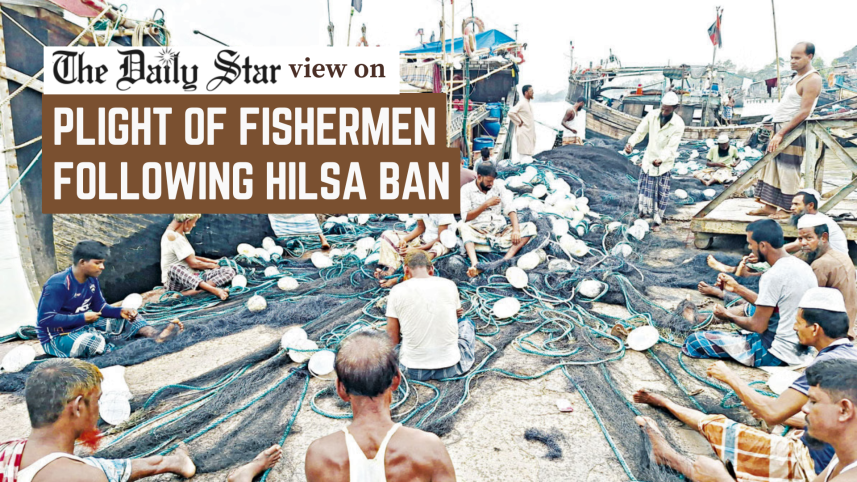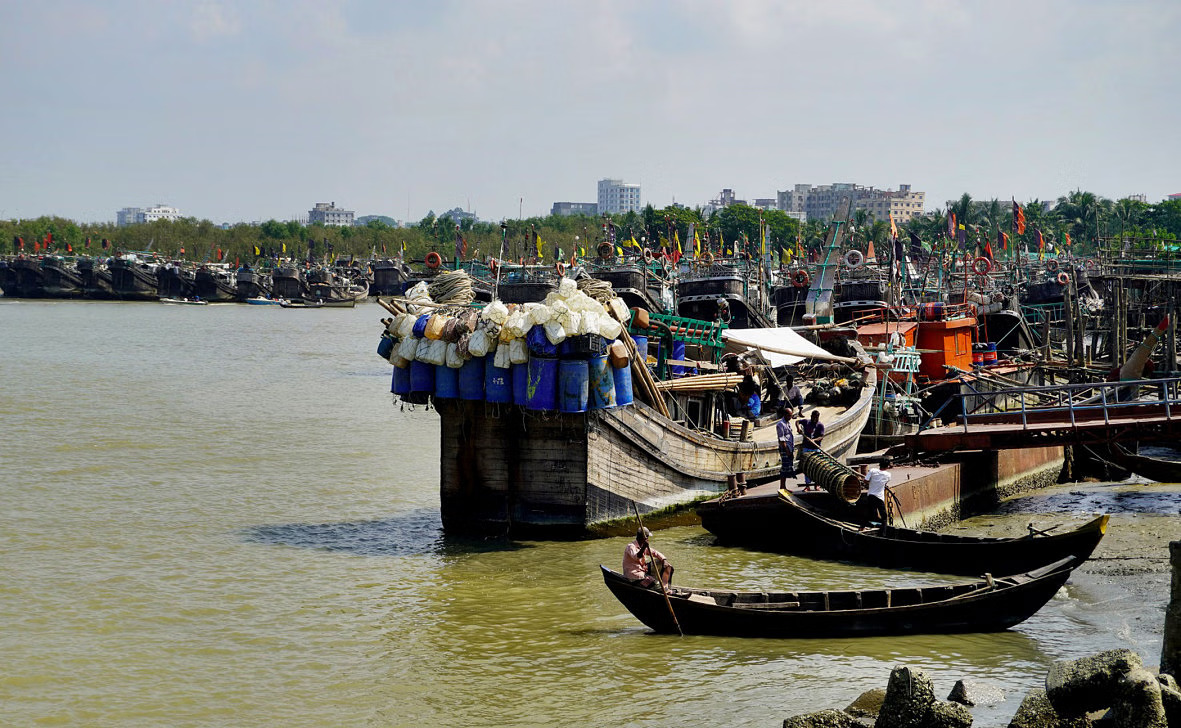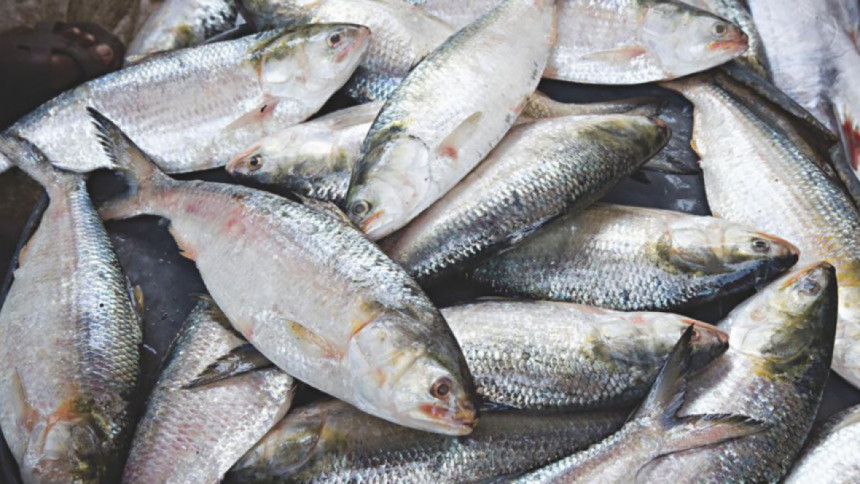Fishermen need greater support amid hilsa fishing ban

We are concerned about the fishermen struggling to cope with an ongoing 22-day ban on hilsa fishing enforced on October 4. While the ban is necessary to protect brood hilsa during the peak breeding season, the lack of work and insufficient support from the government mean that these individuals are going through a tough time with little means of subsistence. While talking to this daily, one fisherman complained that he had already been facing difficulties due to poor hauls before the ban, and that the promised aid had yet to arrive. Another lamented that the government's rice support for the ban period—about 25 kilogrammes—was not enough to sustain a family without cash assistance.
Many fishermen across the coastal belt are similarly enduring hardship because of delayed and inadequate support. Bangladesh has about 17 lakh registered fishermen working across rivers, haors, baors, canals, and other water bodies; of them, about 7.42 lakh are involved in hilsa fishing, although due to budget constraints, only 6.2 lakh are expected to get rice support. The problem, however, is not limited to exclusion risks for a portion of registered fishermen as well as those unregistered. Insufficient allocations and delayed delivery are also major concerns. In many areas, the rice has yet to come. While officials have blamed it on the Durga Puja holidays, such explanations hardly matter to the families going hungry.
Every year, during the seasonal fishing bans, we hear the same stories of delayed or inadequate relief. Although this year's allocation of 15,503 tonnes of rice marks a slight increase from last year, it is still not sufficient or inclusive enough. A proposal to increase the rice allocation from 25 kg to 30 kg was reportedly turned down because of budgetary constraints. Another persistent problem has been the lack of cash support, for rice alone cannot fully cover their needs for other essentials and necessary services, particularly at a time when prices in general remain high. Experts have therefore highlighted the importance of providing a mix of rice and cash support so that fishing families can manage their expenses. In fact, many studies suggest that cash transfers are more effective than in-kind support as cash provides flexibility.
Given these realities, the government must ensure timely, adequate, and well-targeted support going forward. Beyond immediate aid, long-term measures—such as ensuring alternative livelihoods and a greater share of profits from hilsa business for the fishermen—are essential to safeguard their well-being, and prevent this seasonal conservation effort from turning into a seasonal nightmare.
 For all latest news, follow The Daily Star's Google News channel.
For all latest news, follow The Daily Star's Google News channel. 


Comments